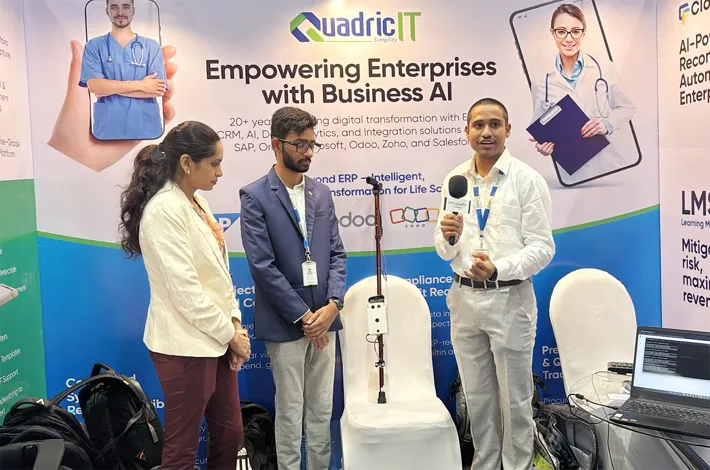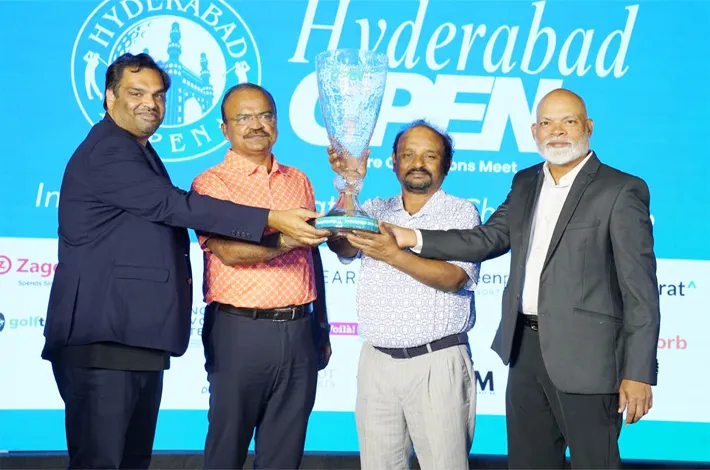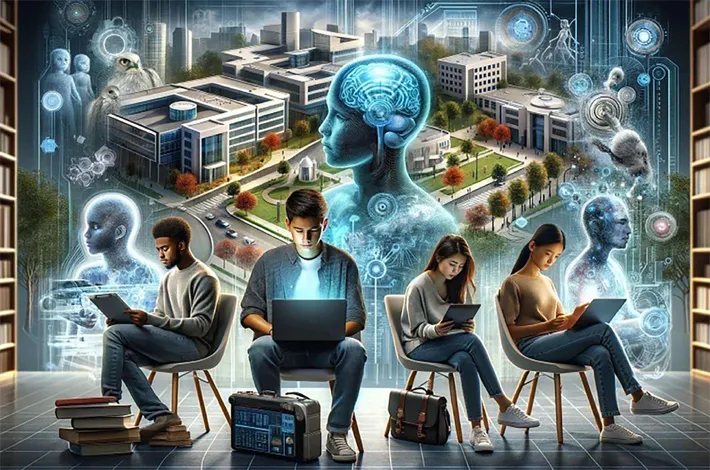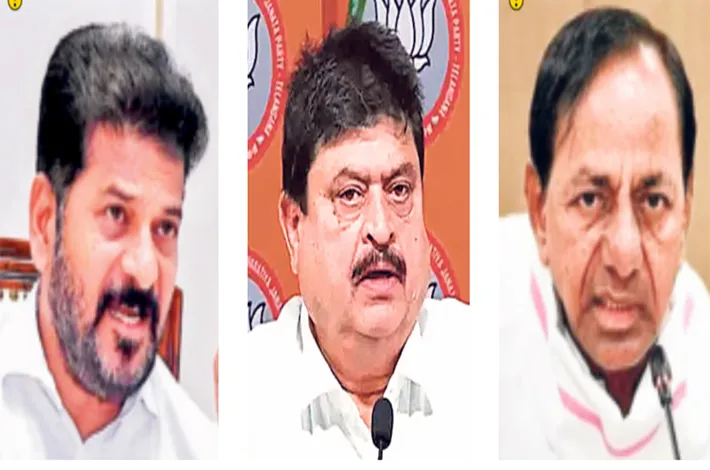Rahul vision for growth with jobs
13-10-2025 12:00:00 AM
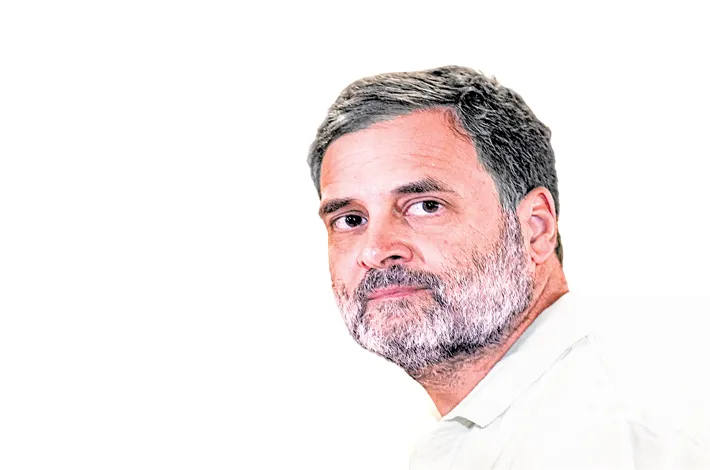
Telangana Model of MSME Clusters could well become a model for other states to follow
Just as the Telangana Model of Caste Census is being replicated in Karnataka, where re-survey has been ordered after the exercise in Karnataka in 2018, Telangana Model of MSME Clusters may well be replicated in States wherever the Congress comes to power
Venkat Parsa
Rahul Gandhi unveiled his vision for economic development of the country that takes into consideration the serious challenge faced by India from China, besides presenting a viable strategy to reverse the phenomenon of jobless growth. MSMEs account for 40 per cent of India’s economic output and half of India’s exports. More importantly, these account for 80 per cent of all non-agriculture employment.
The MSME Vision is in the form of a speech delivered by Rahul Gandhi in a speech in Punjab, Haryana, Delhi Chamber of Commerce and Industry (PHDCCI) in Delhi, on October 26, 2017. Perhaps it was for the first time it was said with such a sense of finality that it is Micro, Small and Medium Enterprises (MSMEs) that truly create jobs and not the big industries.
Taking a cue from Rahul Gandhi, as it were, when the Congress stormed to power in the Telangana Assembly elections in 2023, State Industries, IT&EC Minister D Sridhar Babu started working on Telangana MSME Policy. It was released by Telangana Chief Minister A Revanth Reddy in Hyderabad on September 18, 2024. Once the process of rolling out the Telangana MSME Policy is complete, it may well set out the Telangana Model for replication across other States in the country.
Telangana Models
For Rahul Gandhi, Telangana has proved to be his launching pad for his economic vision through the MSME Policy; his social vision through his Caste Census; and his political vision in the form of the Six Guarantees as a Social Safety Net for the vulnerable sections, in the face runaway inflation, declining incomes and massive job losses.
MSME Vision of Rahul Gandhi is holistic. It addresses the problem of unemployment. It seeks to revive manufacturing that is fading away, with greater reliance on service sector. It provides the way to boost exports. It holds the key to countering the tough challenge of Chinese goods swarming Indian markets.
Chinese Challenge
In his PHDCCI speech, Rahul Gandhi said, "Nobody can compete with China, except us. And, there's a huge amount of wealth and benefit that can be made, if we do it successfully. And, I think, the people who can do it are the people like you. Because you are the people who can create jobs."
Fact of the matter is that China out performs India in the creation of jobs. China creates 50,000 jobs every single day, compared to India creating 450 jobs. This leads to the more basic point of devising a strategy for growth with jobs.
Rahul Gandhi said in his PHDCCI speech, "Let me be very clear, we are the only force capable of meeting the Chinese challenge is this network of small, micro and medium businesses. Nobody else, nobody else can do this job. I have no doubt in my mind that you are the only force that has the skills, knowledge and understanding to take on the Chinese and beat them at their own game."
At a time when India faces jobless growth, this may well prove to be an alternative vision. With unemployment spiralling to 45-year high, MSME Units could pave the way to reversing the phenomenon of jobless growth.





